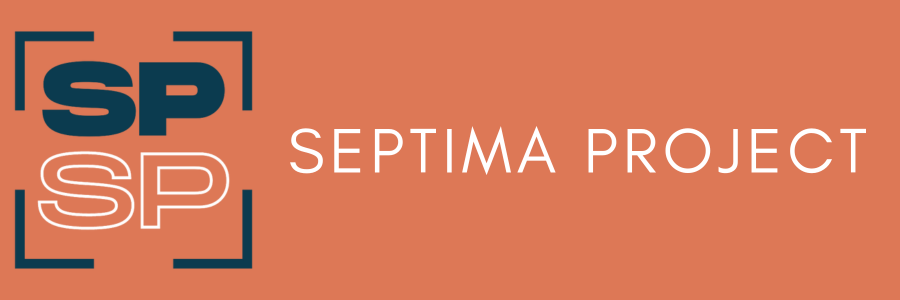Why You Should Stop Posting and Start Taking Action
Aug 2023
When people ask what kind of work I do and I answer that I lead racial equity workshops and antiracism coaching, their next question is usually along the lines of “Why?" My first inclination is just to wave my arms around in a *because of all of this* sort of way. But if that still doesn’t clear it up, here’s why.
I do this work because of a combination of factors: growing up in Chocolate City where my first idols were Marion Barry and Jim Vance and where I built relationships early on with people from diverse background. Then, at a young age, I moved to the Eastern Shore of Maryland, where I witnessed ugly racism (and so much duck decoy décor) on the daily.
My childhood experiences gave me a head start on trying to understand race and combat racism. Which I’ve done over the years in a lot of different ways. Long before Kristina and I teamed up to offer racial justice workshops and antiracism coaching, I led diversity trainings when I worked at the Center for Talented Youth at Johns Hopkins University. I protested, marched, and organized back in the day as a young activist and riot grrrl. I also spoke out against racism on and offstage as a musician.
I also work to combat racism…by posting a lot on the internet.
I know, I know. But to be fair, I spent my younger years putting in the work on the streets, taking a few punches, and alienating friends and family by making “everything about race.” But as the years wore on and my bones grew more brittle, I increasingly became a keyboard warrior.
Every fresh instance of racial violence or injustice, I had to rush to declaim publicly. Isn’t this awful? Tap, tap, tap! We must do better, tap, tap, tap! Why aren’t you paying attention? Tap, tap, tap! Did you read this article? Tap, tap, tap!
Slowly I came to realize that this response wasn’t just unhelpful, it could be actively harmful in some cases. Ferguson and Black Lives Matter had energized many people, but my obsessive cataloging of every injustice that followed wasn’t helping bring anyone to the mountain top.
Possibly it was retraumatizing my friends of color who don’t need me to be the racial injustice town crier— they are well aware of what’s going on. And probably looking for relief and a reprieve from talking about it with white people. And absolutely it was a performative display. “I am a white person who is outraged, and I need everyone to know it!” (subtext: I’m one of the good ones).
So I stopped posting so much and focused on how my brittle bones and I could possibly contribute to real change. That led me to the work I do now with Septima Project. Instead of being a keyboard warrior, I help give people the tools and skills to confront and challenge racism. We go beyond DEI trainings and cultural sensitivity to teach people how to build power and take action in concrete ways.
And that feels far more productive than tap, tap, tapping into the ether.
Here’s what you should know about posting to social media about racism.
Social media has become a powerful tool for speaking up and speaking out against racism. But it’s also a bizarro echo chamber that’s stealing our data AND flattening the dialogue about race and racism (not to mention ruining democracy and making our kids feel really, really bad about themselves).
It might seem like the ideal way to reach as many people as possible to spread the gospel of antiracism, but social media does not allow for the kind of nuanced conversations, deep reflection, and relationship-building that help us move toward equity. It’s an okay place to start, but your feed will not solve racism.
Before you post to social media, ask yourself these questions:
Who am I trying to reach?
Is this information people may not have?
Is there a call to action?
Is there a solution?
Does this perpetuate harm? Is it helpful to BIPOC people? Annoying? Obnoxious?
Does this contribute in some way to building relationships, building will, or building power?
Should I just post a cat video or TikTok dance instead?


